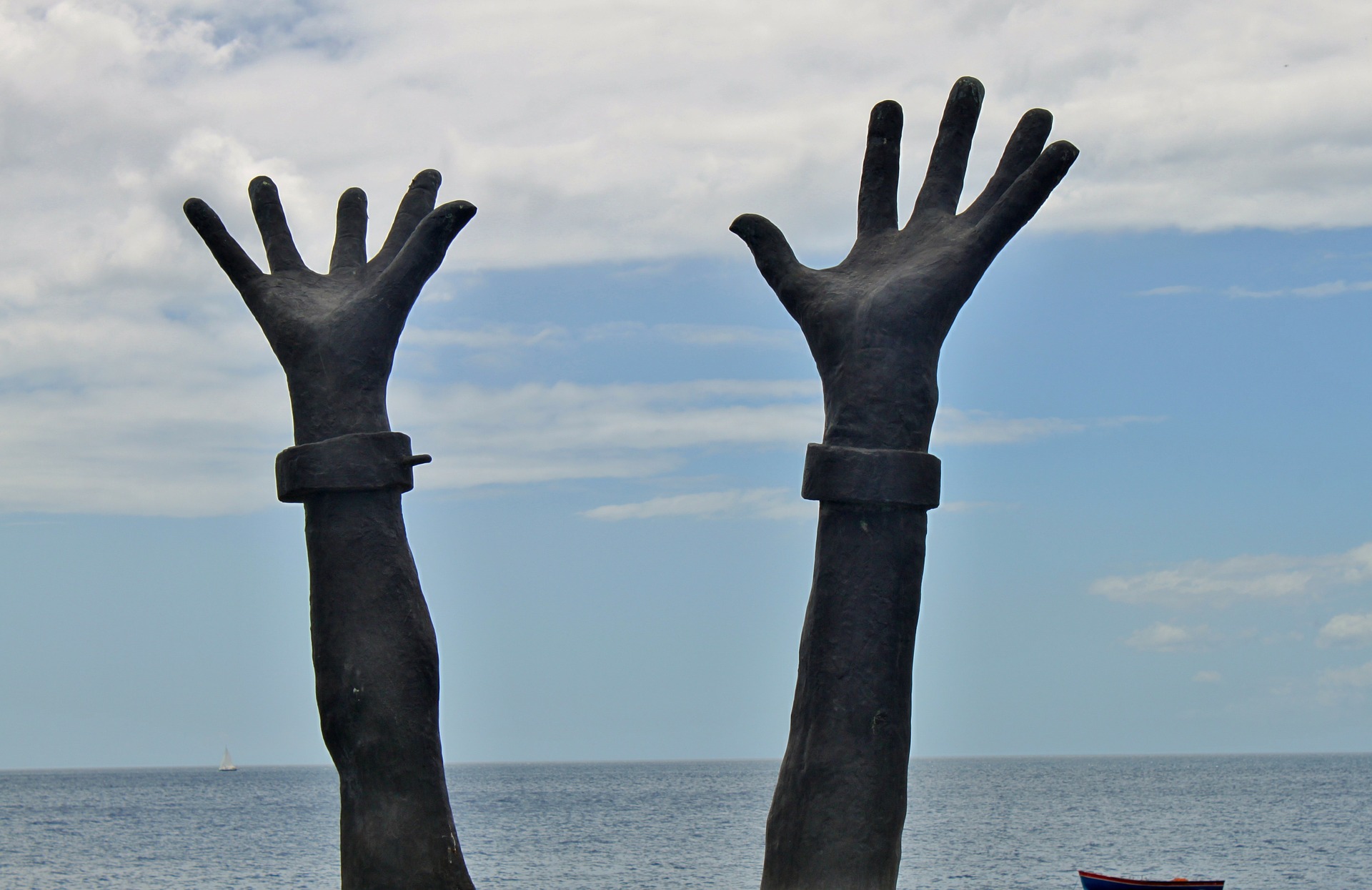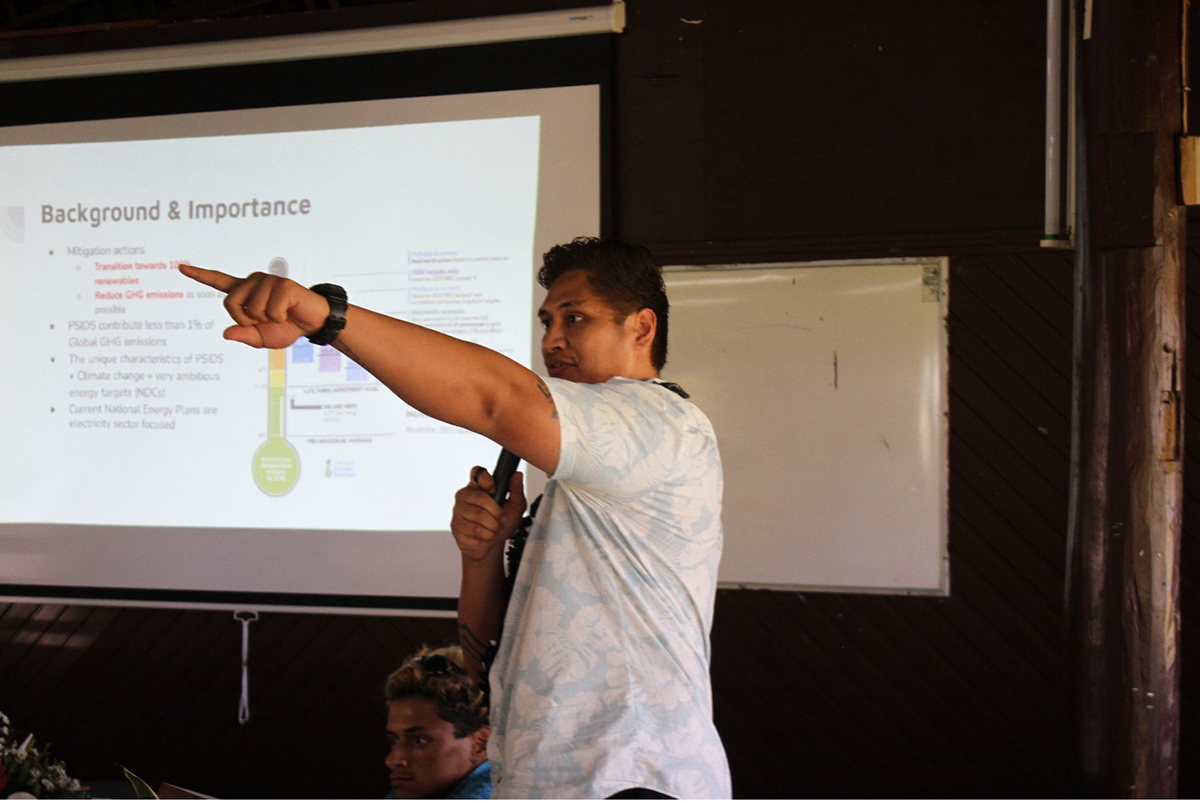New anti-slavery law is not making headlines
February 4by Cody Mitchell
A new anti-slavery bill in Australia has gotten little attention from the media, writes Cody B. Mitchell, 17, a Commonwealth Correspondent from Moree, Australia, who has been interviewing one of supporters of the bill who claims media bias is one of the reasons for the lack of news coverage by he Australian media.
In late 2018, Australia’s first modern slavery bill was passed in New South Wales. Introduced into the state’s Legislative Council, the Act was Australia’s first step towards establishing a Federal Modern Slavery Act (which was, in fact, passed in late November). The bill legislated for the creation of an Anti-Modern Slavery Commissioner as well as attempting to slave-proof New South Wales’ supply lines.
The bill was commended by organisations like the A21 Campaign with a spokesperson describing it as a “groundbreaking and unprecedented [piece of] legislation”. Christian Democrat MLC Paul Green, the author of the bill, described its passage as “a historic occasion”, however, while the bill passed parliament with support from all sides of politics and was lauded by many, few people at grassroots level are aware of the significance of the historic legislation.
The Vice-President of the new Christian Youth political movement, Paul Facey, has described the lack of media coverage surrounding New South Wales’ Modern Slavery Act as “suspicious”. He believes the lack of awareness may be the result of the mainstream media’s political leanings. The lack of online articles covering the CDP bill is striking, with the Sydney Morning Herald apparently the only mainstream media outlet to mention the bill. When asked why he thought the media had neglected to mention Paul Green’s bill, Facey replied that, while “obviously, the media can’t cover everything due to finite resources…you would expect every issue of significance to a state or the nation to be brought up at least occasionally” particularly considering the broad range of news outlets in operation. He claims to have “never heard on radio or television about the Modern Slavery Act” and only during a “Google search” did he locate a lone SMH article regarding the non-legislated form of the Act.
Facey believes that mainstream journalism tends to shed progressive causes in a “disproportionately bright light” and that there may be a “conscious or unconscious” bias against ethically conservative parties like the Christian Democrats. He calls this the “progressive: good; conservative: bad” paradigm and believes that it is for this reason that the Modern Slavery Act – an issue that he says even “progressives would be on board with” – has not been given the coverage it deserves. He also believes that the fact that the Modern Slavery Act “isn’t a zinger against the progressive narrative” but a “genuinely good cause” on its own may even be the reason that niche “conservative” or “reactionary” news outlets have “give[n] [the legislation] a pass too”.
“News for the sake of news is almost non-existent,” says Paul Facey, “Instead, media outlets are new vessels of cultural warfare.” He thinks that the Modern Slavery Act is, unfortunately, “caught in the middle” of two agendas. On one hand, he says, it does not conform with the “mainstream demonisation of the CDP” causing it to be neglected by liberal-leaning journalists, and, secondly, it isn’t what he calls “the most solid hammer to bash the mainstream [liberal] media with” – prompting most conservative outlets to disregard it as well.
The 9News Network, the Australian Broadcasting Corporation and Fairfax Media were contacted for comment as to why there was a noticeable lack of coverage from their respective online, TV and radio outlets, however, all three did not respond at the time of writing.
Photo credit: Martinique le prêcheur hands via Pixabay (license)
…………………………………………………………………………………………………………………
…………………………………………………………………………………………………………………
Opinions expressed in this article are those of the author and do not necessarily represent the views of the Commonwealth Youth Programme. Articles are published in a spirit of dialogue, respect and understanding. If you disagree, why not submit a response?
To learn more about becoming a Commonwealth Correspondent please visit: http://www.yourcommonwealth.org/submit-articles/






